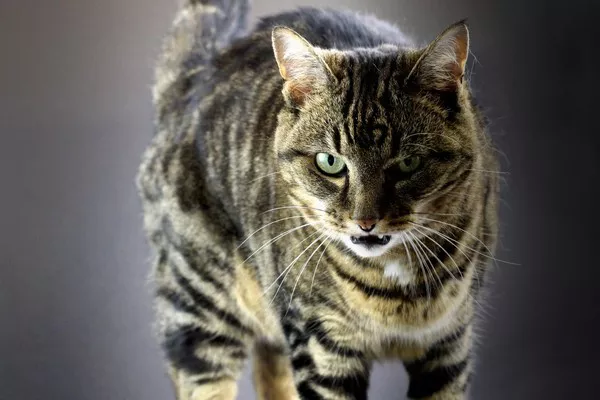The Victorian Government has introduced a 10-year Cat Management Strategy, marking the first comprehensive statewide initiative to monitor and manage the feline population in the region. The strategy, launched in late January, aims to address the impact of both registered and unregistered cats, including feral ones, which pose a significant threat to native wildlife.
Currently, there are over 227,000 registered cats in Victoria, but the number of unregistered, unowned, and feral cats remains much higher. Animal Aid CEO Mark Menze emphasized the importance of a coordinated strategy to improve outcomes for cats, owners, shelters, and wildlife.
“At Animal Aid, we see the consequences of unplanned litters, abandoned cats, and an increasing number of semi-owned cats. A statewide approach will encourage responsible pet ownership, support animal shelters, and protect native wildlife,” Menze explained.
Given the rising cost of living, many people struggle to afford vet care, desexing, and microchipping for their pets. Menze believes the new strategy, which includes funding and practical solutions, will foster long-term, sustainable changes.
Several initiatives within the Cat Management Strategy were welcomed by Mr. Menze and Animal Aid, including:
Providing desexing, microchipping, and registration assistance for households in need.
Supporting desexing of semi-owned cats to reduce stray populations.
Shortening shelter hold times to enable faster rehoming of cats.
Encouraging cat containment with subsidies for enclosures.
Mr. Menze highlighted that changing attitudes toward cat ownership is the biggest challenge.
“Many people still let their cats roam freely, which contributes to overpopulation, injuries, and predation on wildlife,” he said. “The main issues include unplanned litters, semi-owned and stray cats not receiving proper care, overcrowded shelters, and the need for stronger community awareness about cat containment.”
Menze emphasized responsible ownership, which includes planning ahead: desexing cats early to prevent accidental litters, microchipping and registering them, keeping cats indoors or in secure outdoor enclosures, and staying on top of vet care and vaccinations. He also encouraged adopting from shelters rather than purchasing from breeders.
According to the Victorian Government’s 2023 Pet Census, there are an estimated 914,000 pet cats in Victoria, though only 227,000 are registered across the state’s 79 councils. While 95% of registered cats are desexed, the status of the estimated 680,000 remaining cats is unknown, highlighting the importance of registration and management efforts.
Mr. Menze expressed Animal Aid’s commitment to supporting cat owners and reducing the number of homeless cats.
“This strategy presents an opportunity for lasting change, but its success will depend on collaboration between the government, councils, and the community,” he said. “We encourage cat owners to be proactive in their pet care and support these initiatives to improve outcomes for everyone.”
Related Topics
























